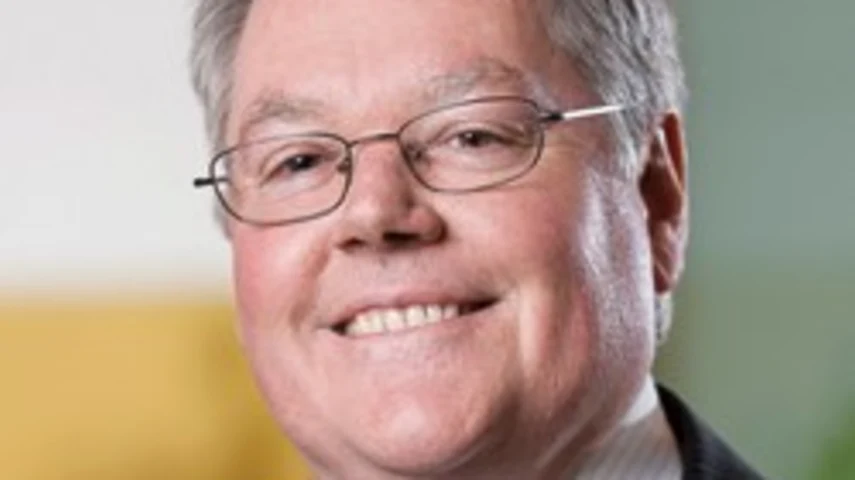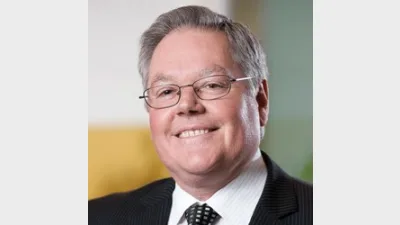Governance structures stifling whistleblowers, FPA says



Drawing out unethical behaviour within the planning industry hinges on frameworks to support whistleblowers, who are largely dispirited under current governance structures, the Financial Planning Association (FPA) says.
Under transparent structures, unethical behaviour or cultures could be spotted and dealt with "quickly and appropriately", according to the FPA's chief executive, Mark Rantall, but the existing system has a record of discouraging independent action.
"We realise that there is a need for real governance and for a complaint process that empowers consumers and planners alike," he said.
"Being just one person taking a stand can be daunting, but having a profession behind you — one that stands for ethical and professional behaviour — makes it easier to stand up for what is right."
Jeff Morris, the well-known whistleblower who exposed the unethical conduct of some of his colleagues at Commonwealth Bank-owned planning businesses, will be speaking at the FPA's Professional Congress in November.
Recommended for you
The exit of as many as 1,600 advisers as a result of the education requirements will fundamentally redefine adviser capacity, Padua Wealth Data says, and leave clients facing longer turnaround times and reduced access to advice.
WT Financial managing director Keith Cullen has become the latest advice licensee to describe how artificial intelligence is transforming its business as well as plans for two further Hubcos.
ASIC has temporarily suspended the AFSL of a Newcastle-based advice firm after discovering it had unknowingly provided financial services for two years without a key person.
The Financial Advice Association Australia’s Advice Academy has formally launched, assisting Professional Year candidates and supervisors.










